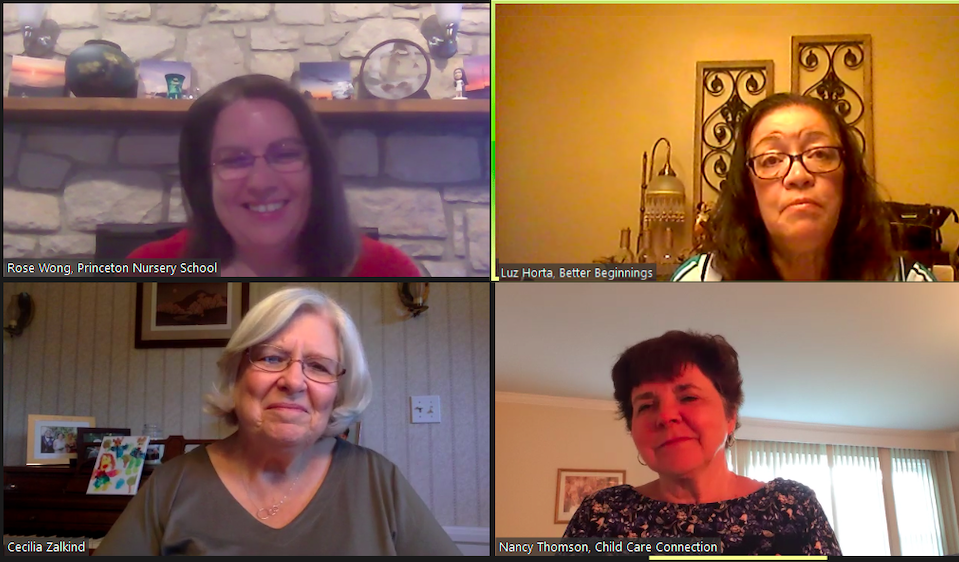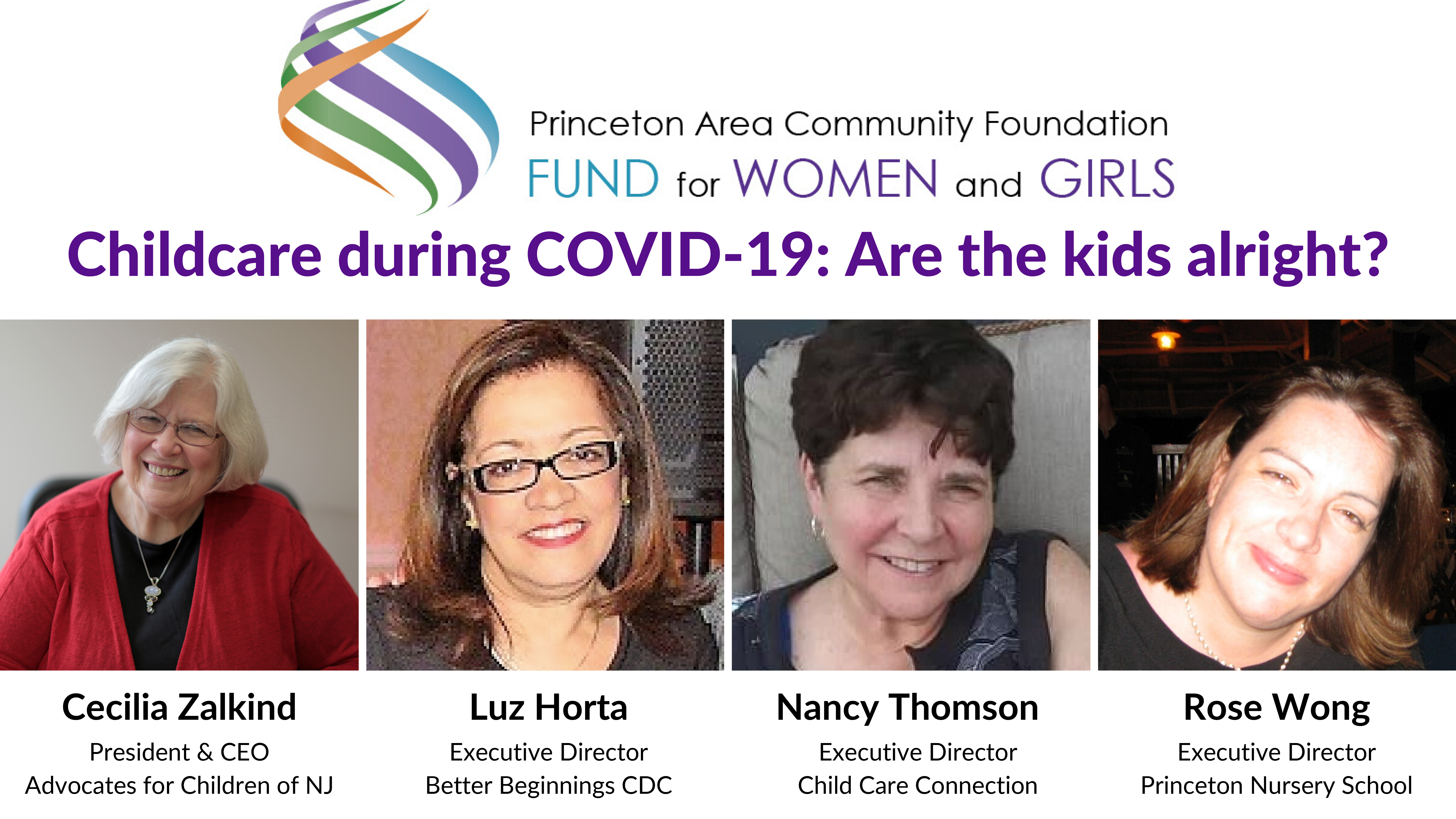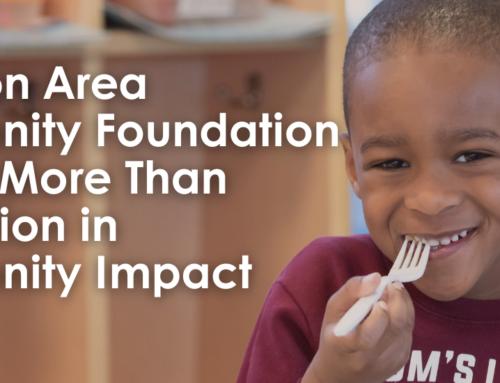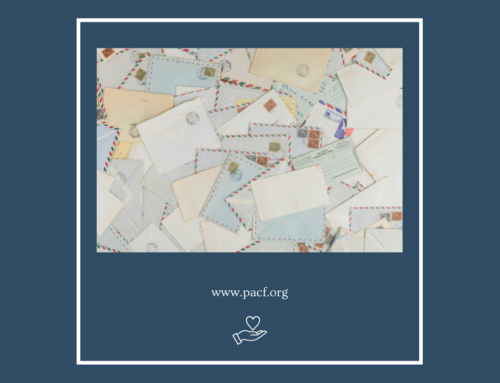When COVID-19 forced local childcare centers to close, many youngsters were suddenly at home, facing the danger of learning loss without daily structure. Many local childcare centers quickly put together care packages of school supplies, such as crayons, paper, and child-sized scissors, for parents to use from home to enhance their child’s learning experience.
Now that those centers are reopening, staff at those centers desperately need personal protective equipment (PPE) and cleaning products to adhere to state and local safety regulations.
“Our community quickly realized that our learning centers are more than a drop-off babysitting service,” said Luz Horta of Better Beginnings Child Development Center in Hightstown. The costs of reopening will be astronomical, a crushing reality for childcare centers that routinely operate on a shoestring budget.
Those were among the lessons learned when the Princeton Area Community Foundation’s Fund for Women and Girls hosted its first virtual Cocktails & Conversation on July 15, 2020. The virtual meeting was part of the Fund’s ongoing education series, and it allowed members and friends of the Fund to engage in a lively discussion about the impact of the COVID-19 crisis on childcare for working families.
Moderator Cecilia Zalkind, President and CEO, Advocates for Children of New Jersey, with grantee partners and Executive Directors Rose Wong of Princeton Nursery School and Luz Horta of Better Beginnings Child Development Center, and Nancy Thomson, Executive Director, Child Care Connection, discussed the challenges New Jersey childcare providers face as they guide children and their families along the bumpy road to re-open centers during a pandemic while sustaining safe, high-quality childcare.
“We soon realized that we were a lifeline to our families, students, and staff because although we were closed, we found ourselves providing food, care, and resources,” said Wong of Princeton Nursery School. “Ninety percent of our PNS families were out of work during the crisis.”
Those families were coping with the trauma of unemployment and the stress of finding new employment without access to childcare. 
At the start of the pandemic, Thomson and her staff at Child Care Connection, were working overtime processing requests to connect essential workers with the few childcare centers that remained open under emergency orders. COVID-19 has not stopped these centers from providing services throughout the crisis. Over 400 children of essential workers were served in Mercer County child care centers during the height of the pandemic.
“New Jersey has made great strides for quality childcare over the past 10 years,” she said.
She hopes that these necessary neighborhood childcare centers continue to be supported with the resources they need.
Attendees posted many questions, but one stands out: What can WE do to support the work of childcare providers in our community?
“This is a great opportunity for advocacy. We have the attention of the public, and our State and National Leaders in the way we have not had. It is time and to reinforce how important childcare is,” Zalkind said.
The Fund for Women and Girls will heed this advice, combining advocacy with community grant making to address the childcare needs of the most vulnerable women and children during COVID-19. To learn more about how you can support the Fund for Women and Girls or the organizations featured in this video, email Jenifer Morack.
****
About The Fund for Women and Girls: Founded in 1998, the Fund for Women and Girls is a field-of-interest fund of the Princeton Area Community Foundation. It is a diverse group of community members who together invest in nonprofit organizations that improve the lives of economically vulnerable women and children in greater Mercer County. Last year alone, the Fund made grants of nearly $200,000 to over a dozen nonprofits serving women and children in Trenton, Hightstown and Princeton. Information about the Fund for Women and Girls can be found at: www.pacf.org/fwg






